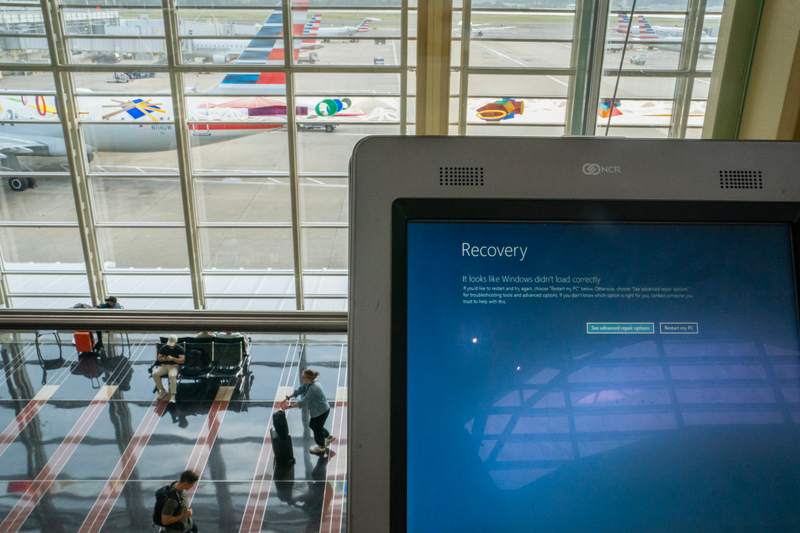Leading nations will convene in the UK this week for talks on how to tackle the growing threat of cyberattacks. The three-day summit is taking place at Wilton Park in West Sussex. The discussions come at a critical time following recent high-profile incidents – including the global IT outage, an attack affecting NHS service providers, and attempts to disrupt London’s transport network.
Countries including the EU member states, Canada, Japan and international organizations such as the World Economic Forum (WEF) and the Organisation for Economic Co-operation and Development (OECD) will discuss how global cybersecurity workforces can be strengthened, from agreeing ways to boost cyber skills to developing new professional standards.
Feryal Clark, Cyber Security Minister, said: “This is a shared challenge, which is why we’re bringing together global allies to discuss and agree steps to keep us safe online, improve cyber skills and protect our economy and public services.”
Following the summit, the UK will commission a new report on key areas agreed amongst attendees. The recommendations are expected to be published by the end of the year and will advance international collaboration to improve cyber skills and face down cyber crime.
“This is a shared challenge, which is why we’re bringing together global allies to discuss and agree steps to keep us safe online, improve cyber skills and protect our economy and public services.”
Feryal Clark, UK Cyber Security Minister
A spokesperson from the Department for Science, Innovation and Technology (DSIT) said: “The event demonstrates the UK’s leadership in bringing likeminded countries together to discuss one of the biggest threats facing nations around the world today. It’s hoped it will firmly place cyber on the global agenda and become a regular fixture – with other nations expected to host going forward.”
UK government future initiatives
To coincide with the international initiative, the UK government is also launching a new scheme to deliver tailored support across regions of England and Northern Ireland. DSIT said in a statement that it hoped by tapping into local know-how, the move will fund initiatives which will directly address the cyber skills needs of individual areas – whether it’s through apprenticeships or companies developing new forms of cyber security.
A total of £1.3m ($1.7m) is being made available for organizations such as universities, local councils and businesses to provide cyber skills training, and fund bodies developing new innovations in cyber defence across Northern Ireland and England. Delivered by Innovate UK, applications for the scheme opened this week and will see grants of up to £150,000 ($198,000) awarded to winning applicants by March 2025.
This follows the government’s decision last week to designate data centres as Critical National Infrastructure (CNI) alongside energy and water systems, which will bolster the UK’s security and allow the government to support the sector in the event of critical incidents. Supporting UK cyber skills will also boost the £11.9 billion ($15.7 billion) cyber security industry and help protect growth in the UK economy.
The UK government is also bringing forward the Cyber Security and Resilience Bill. The aim of the Bill is to strengthen the UK’s cyber defences and ensure that critical infrastructure and the digital services that companies rely on are secure.
Feryal Clark, Cyber Security Minister said: “The UK needs a significant improvement in its cyber defences after the previous government failed to strengthen our cyber laws – we’re fixing that. Later this year, we’ll bring forward new measures to better protect the nation from cyber crime and our new regional skills programme will support the next generation of cyber talent and innovators.”

















